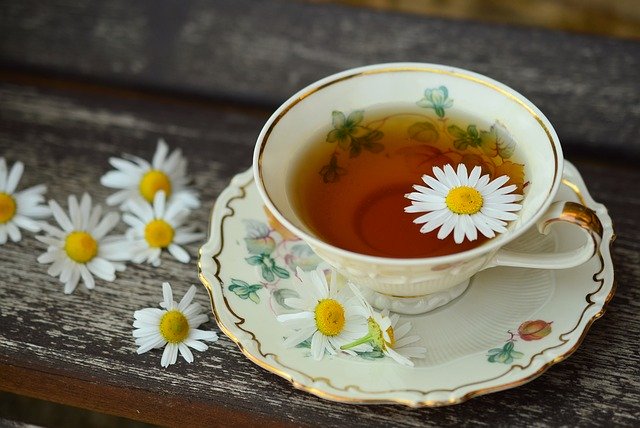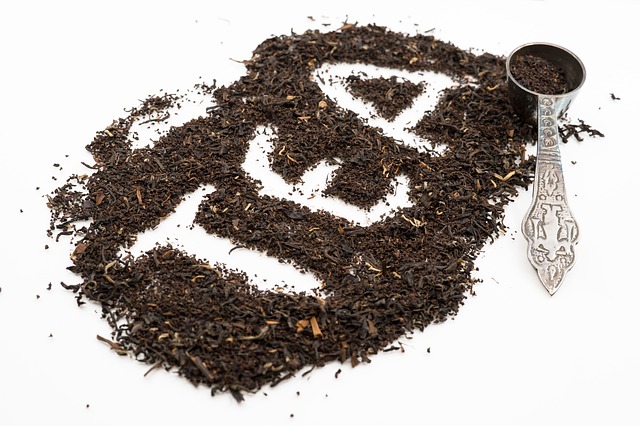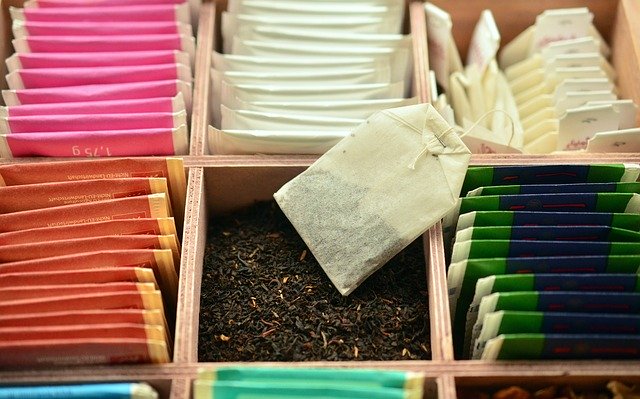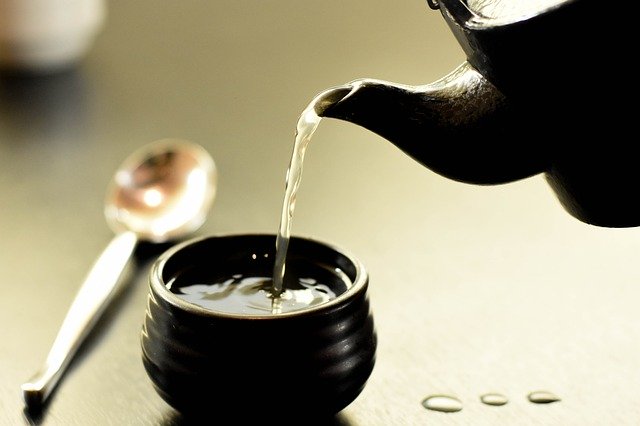Loose Leaf Tea in the UK

Loose leaf tea within the UK is not the daily brew for most people. Most people would not conceive of making tea without their perfectly proportioned bag that gets the measure ‘just right’. However, they are some significant benefits to ditching the bag and going loose.
The amount of tea drunk within the UK is phenomenal. We are up there with some of the largest consumers of tea in the world. Every day, Brits consume 100 million cups of tea, in comparison to coffee where we consume on average 70 million per day. We are still a nation of tea drinkers.
Since tea is so important to us, the way it is made should be too. Brits like their tea in a menagerie of ways, from milky to builder’s (strong), to sweet to black. The phrase ‘that’s not my cup of tea’ is even used to describe a preference to many things other than tea.
The tea market is evolving, however, and brands have seen huge growth in the purchase of tea for health and wellness reasons. Tea in the UK is no longer resigned to just black tea, but also incorporates green, match and other herbal varieties.
The way tea is made therefore becomes paramount. Loose tea by definition tends to be less fine and refined than the tea found in bags, and can therefore be made stronger and more potent.
The less interference from the manufacturer, the better, so not only does loose leaf tea tick all the taste and health boxes, but it also paves the way for a more eco-conscious choice.
The biggest-growing demographic of tea drinkers is within the 24-35 age group. This is a group who are often relatively eco-conscious.
In 2018 Clipper Tea launched with EasyJet to supply their Fairtrade teas to aviation customers. Although Clipper do not offer all their teas as loose, they do make a promise to go plastic free and their tea is of premium grade, which could mean less interference.
There are many factors in buying eco-friendly tea, but loose-leaf tea drinking already takes care of many of those factors, and cuts to the chase.
Of course, there are still other factors to be considered when buying a more eco-friendly tea, but loose leaf tea is a great place to start.
What Is the Environmental Impact of Tea Bags?
There are several environmental factors that make tea bags less eco-friendly than loose tea. Tea bags have an effect upon the environment because of the use of:
- Plastic
- Chemicals
- Paper
Plastic
Even though you may be wondering how a seemingly paper tea bag could contain plastic, it is sadly a reality. The Environmental Audit Committee has said that tea bags are a major source of water pollution because of the plastic components.
The so-called ‘paper tea bag’ often contains a plastic sealant, the plastic used is polypropylene which stops the bag from falling apart. This plastic then releases microplastics into your tea and therefore cannot be recycled in the compost bin.
Even worse, some tea bags are made out of plastic entirely, and these are often the premium ranges that will provide a strong quality tea. Unfortunately, the bag has not been factored into the product’s idea of quality, and instead releases 11.6 billion micro plastics from one single bag, a study has found.
Some of the regular black tea brands that contain plastic in their bags are Tetley and Yorkshire Tea, to name a few.
Clipper on the other hand are aiming to go 100% plastic free; their bags are made from plant material which is all recyclable and biodegradable.

Chemicals
Chemicals are not something anyone wants in their daily brew. It is quite shocking however, how many chemicals are quietly contained within a seemingly innocent tea bag.
One of these is epichlorohydrin, which tea manufacturers use to improve ‘wet strength’. We can only think of this to mean to improve the strength of the tea bag once wet, since tea bags often split after coming into contact with hot water.
This chemical has been found to be a probable carcinogen.
Another chemical often used is chlorine which is used to bleach tea bags white. Although there is not much scientific evidence to directly suggest chlorine is harmful in water, there is literature that corroborates exposure if coming into contact with bleach via water. This can affect human tissue.
Some reports suggest the environmental impact of bleach in waterways, which has been suggested to have contributed to several species dying out, but this is not backed up by scientific evidence.

Paper
96% of us use tea bags over loose tea. That is a lot of paper when you consider that we consume 100 million cups of tea a day. The use of paper contributes towards air, land and water pollution. It is the sixth biggest contributor of pollution within the United States.
Since paper can never be used again in the form of tea bags, it is particularly non-sustainable and can be thought of as single-use paper. It is particularly bad when it cannot be composted if containing plastics.
Processing tea into tea bags also requires energy use, so it’s not good for the environment. This is in comparison to tea that is loose and has not been cut so much that it barely represents its original form.
Often, bagged tea is tea from the bottom of the barrel. It may be also important to question how many tea bags a person uses to acquire optimal strength? Could this be better achieved with loose tea, with a smaller measure and without the paper impact?
Putting all of this into perspective, it’s time to fill that pot with some of the best loose tea the UK has to offer.
Is loose leaf tea healthier than tea bags?
Loose leaf tea will offer a different tea experience to drinking tea from a bag. The leaf is more likely to be more intact than the tea bag leaf, but many brands are now offering ‘tea pyramids’ with larger leaf tea leaves.
Loose tea means there is no interference of paper or a bag that quite often contains other ingredients unknown such as plastic and chlorine bleach. However, there are companies like Suki and Teapigs who offer guilt-free tea bag options without the chemicals and plastic.
Where loose leaf tea reigns supreme is in the flexibility of its use and its potency. It can be measured and the strength can be altered. It also has more room to steep within the pot.
Since the leaf tends to be left more intact than most tea bag brands, the essential oils are more likely intact and therefore offer a more potent, and beneficial health profile.
Nevertheless, there is loose leaf tea available that comes just as fine as the big tea bag brands.
What is important, is the practises of the brand and checking out how they aim to maintain the integrity of the tea. Many eco-friendly brands can therefore be considered healthier because they look at maintaining integrity throughout the process, all the way to the finished product.
Loose leaf tea can be healthier but is not necessarily so over tea bags. It all depends on the brand and the practises.

Conclusion
In conclusion, the best loose-leaf tea in the UK is loose tea produced by eco-friendly and ethically minded brands. These brands tend to maintain the integrity of the tea, being big on quality. Also understanding it works hand in hand with the practises that mean a fair deal for all. 1.Source
